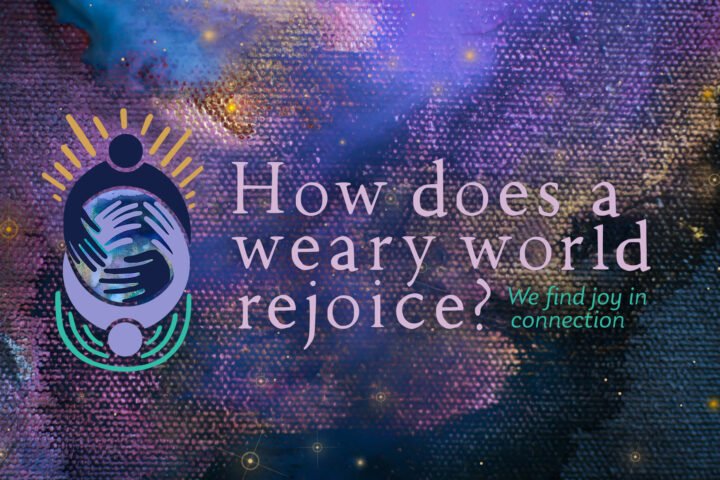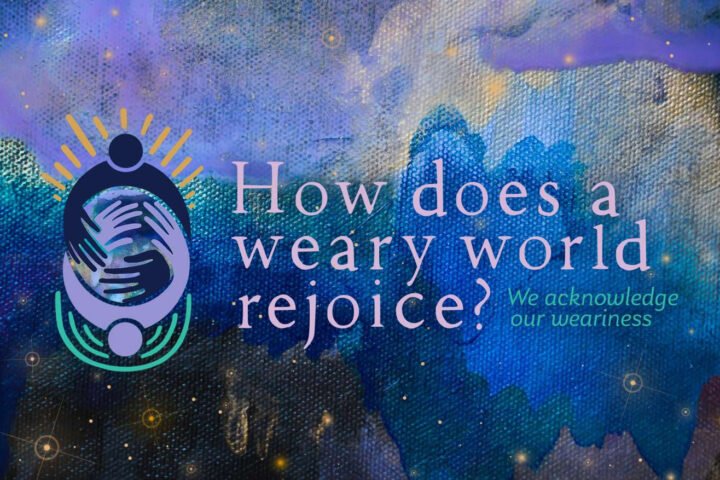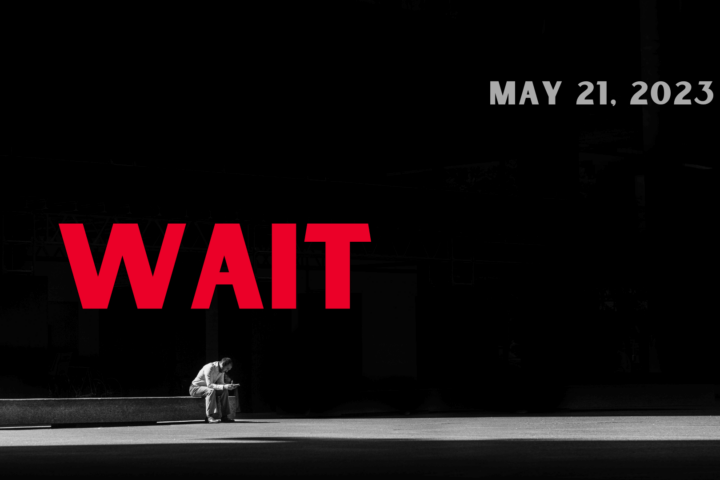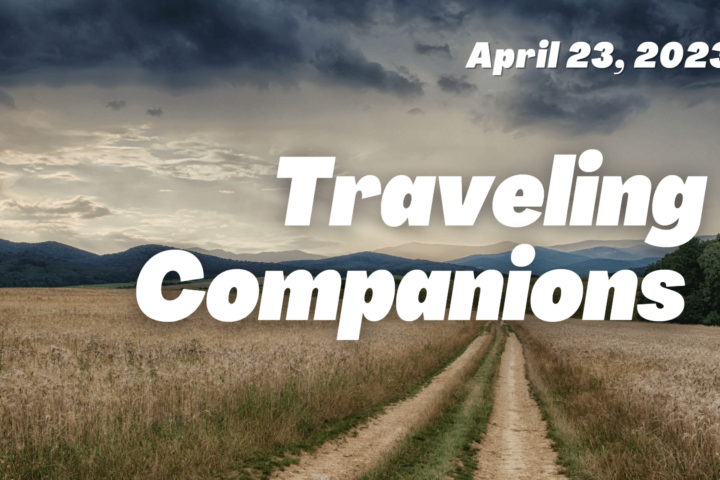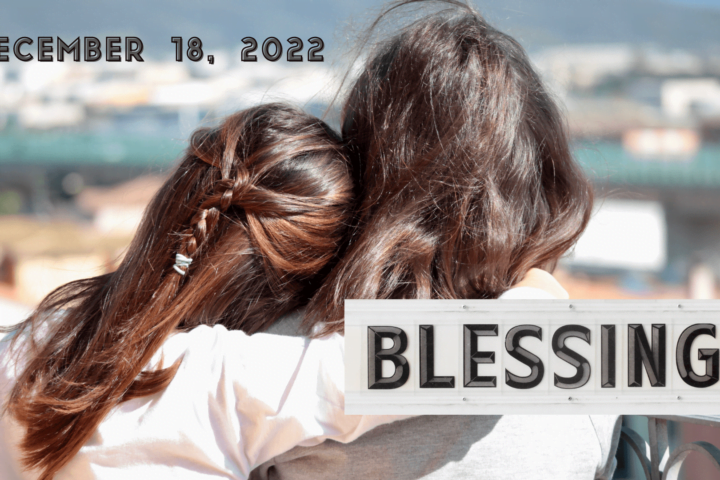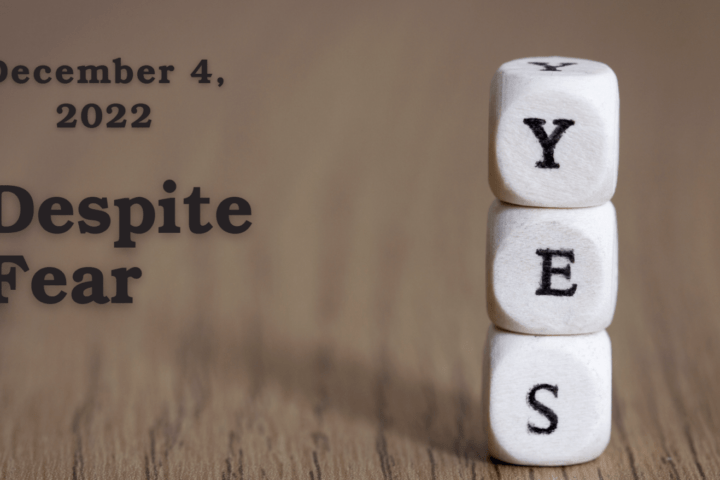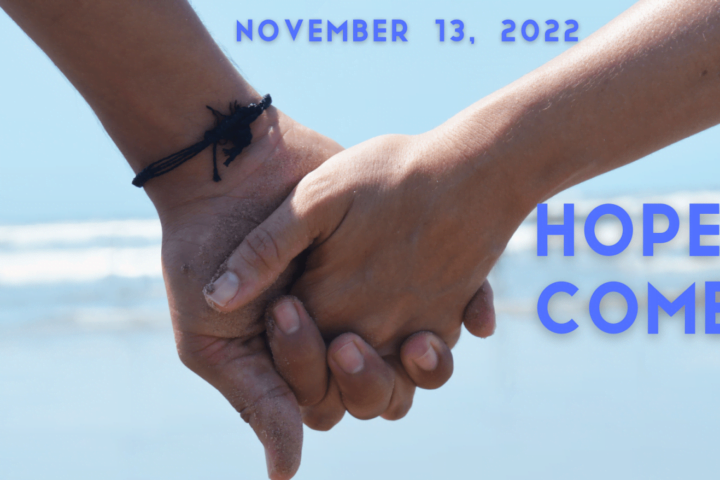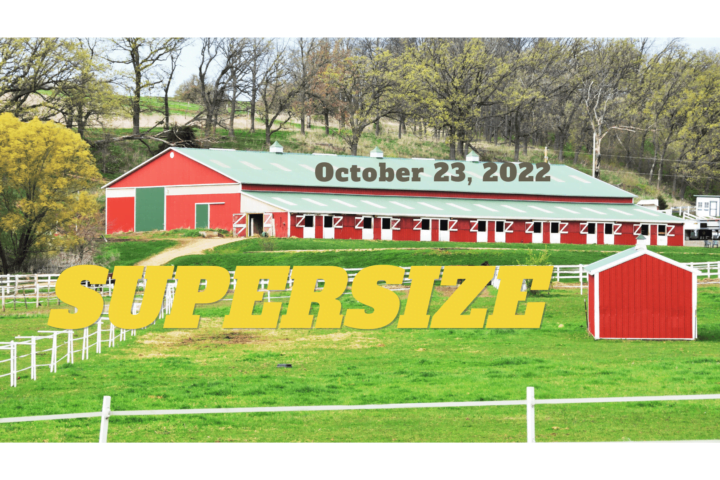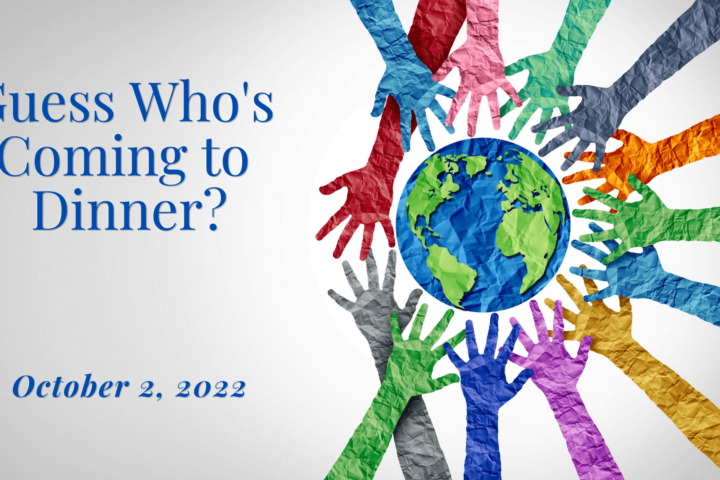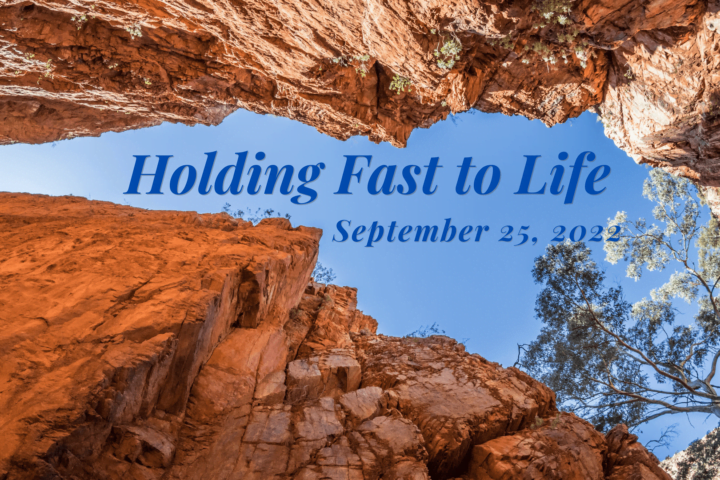Sermons on Luke (Page 2)
How Does a Weary World Rejoice? Connect…
Today on the second Sunday of Advent, we continue to contemplate the notion of how a weary world rejoices. What is happiness? What is joy and where does it come from? What part does connection with others play in joy?
How Does a Weary World Rejoice? Acknowledge…
What is joy? How do we receive it? Is it even possible in these difficult times? How does joy change us? How does it change the world?
Wait
Today is Ascension Sunday and we take a look at the account of the recently resurrected Christ being taken up or ascending to heaven. We don’t like to wait, but what if that’s how we become open to blessing?
Traveling Companions
The story of Jesus on the road to Emmaus guides this Sunday. It’s an account that invites us to contemplate how we live into our understanding of “resurrection” and the role of our “traveling companions” on this sacred journey.
Blessings
On this 4th Sunday of Advent, we spend time with Mary and Elizabeth, two expectant mothers who encounter one another with love, care and blessing. How do we understand blessings and in what contexts do we experience them?
Despite Fear
The angel’s words, “Do not be afraid,” are words that are repeated over and over again throughout scripture. What did Mary make of those words? What do they mean to us as we move through this Advent season? How do we take them to heart and what difference do they make in our own lives that are so often touched by anxiety and fear?
Hope Comes
Join Pastor Lesley as we explore the question; what does it mean when we ask God to “Save us from the time of trial.”?
Supersize
How much is “enough” and what does God want from us when it comes to managing our resources?
Guess Who’s Coming to Dinner?
Is Jesus still in the habit of inviting himself over for dinner? How might we respond to such an invitation? And how would our response shape our ability and desire to gather at Christ’s table with siblings near and far, like us and very different?
Holding Fast to Life
We continue in the Gospel of Luke, a gospel that focuses our attention again and again on our use of resources and our treatment of those in society who are most vulnerable.
